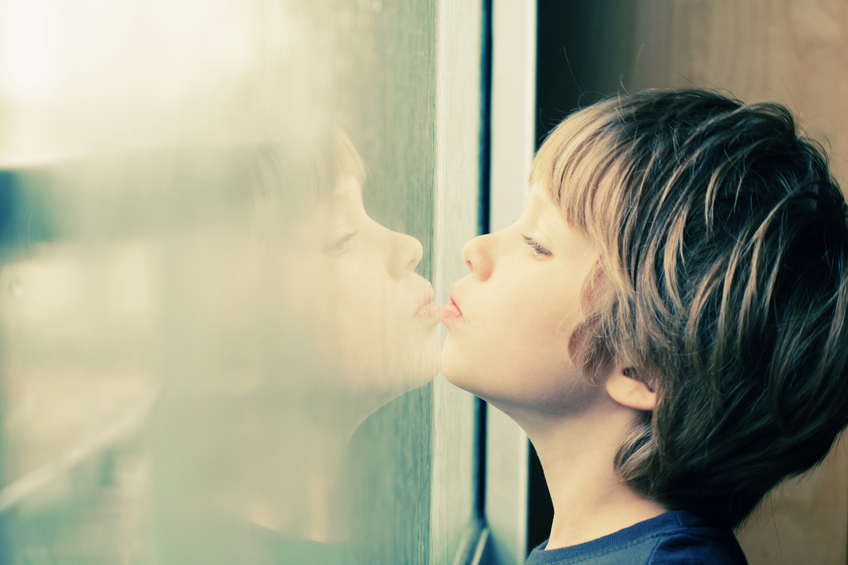
Bailiffs, utility firms and local councils who chase struggling parents over unpaid debts may be unwittingly inflicting real damage to children’s mental health, a charity has warned.
The Children’s Society (TCS) suggests an estimated 2.4 million children in England and Wales who are living in households with problem debt are at greater risk of having poor mental health than the children of debt-free parents.
TCS estimates that 23% of children in debt-ridden families, or more than 500,000 children, are unhappy with their lives.
In its report, The Damage of Debt, TCS said children in families which are trying to juggle a range of creditors who may be seeking to claw back debts at the same time notice the distress of repeated phone calls, letters or visits from bailiffs, and the fear of eviction. They may also have to live with family arguments.
Debt means that some children will not be able to socialise or take part in events like sports or school trips and may miss out on birthdays, family gatherings and holidays, according to the report.
Children also feel embarrassed for not owning things that are considered normal by their classmates. There is also guilt, anxiety and a sense of failure for not being able to help their parents deal with their debts. This can lead to lower self-confidence and self-worth, it was found.
Researchers looked at data from the Millennium Cohort Study which followed the lives of around 19,000 children born in the UK in 2000-01 along with TCS’s annual well-being survey.
They looked for links between problem debt and children’s mental health and levels of happiness. Interviews and focus groups with parents, children and young people with problem debt and low income backgrounds were also carried out.
TCS chief executive Matthew Reed called for these families to be given “the breathing space they need to escape the debt trap”.
He said: “Families need an affordable route out that does not force them to make impossible decisions between feeding and clothing their children, and paying the bills.”
READ MORE
Children on Scottish islands ‘have best quality of life’
One in three under-35s regret university because of debts, report claims

Enjoy the convenience of having The Sunday Post delivered as a digital ePaper straight to your smartphone, tablet or computer.
Subscribe for only £5.49 a month and enjoy all the benefits of the printed paper as a digital replica.
Subscribe